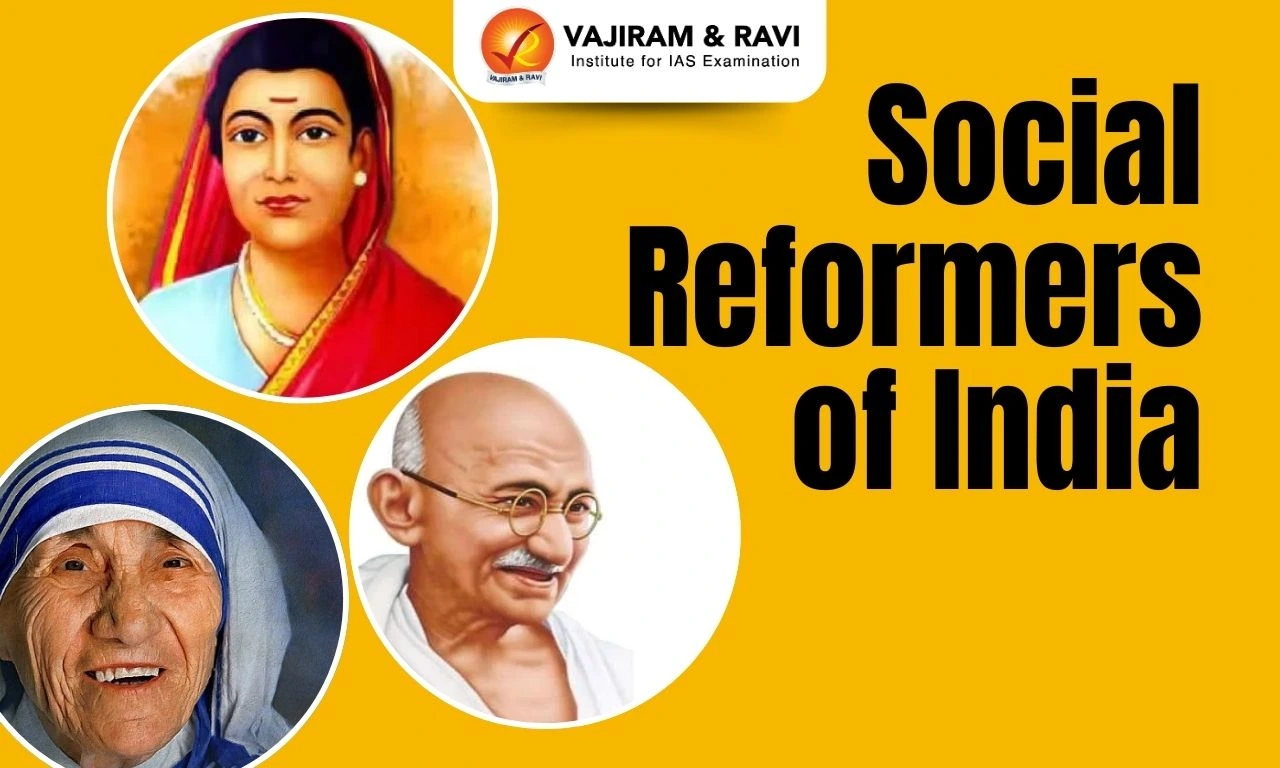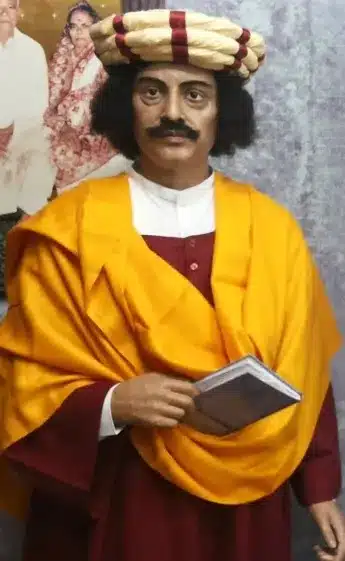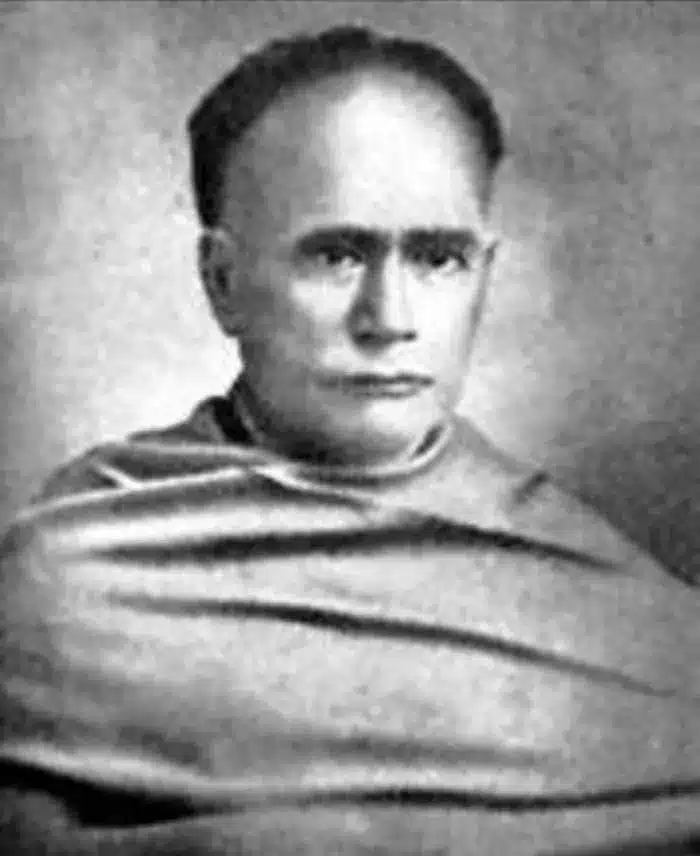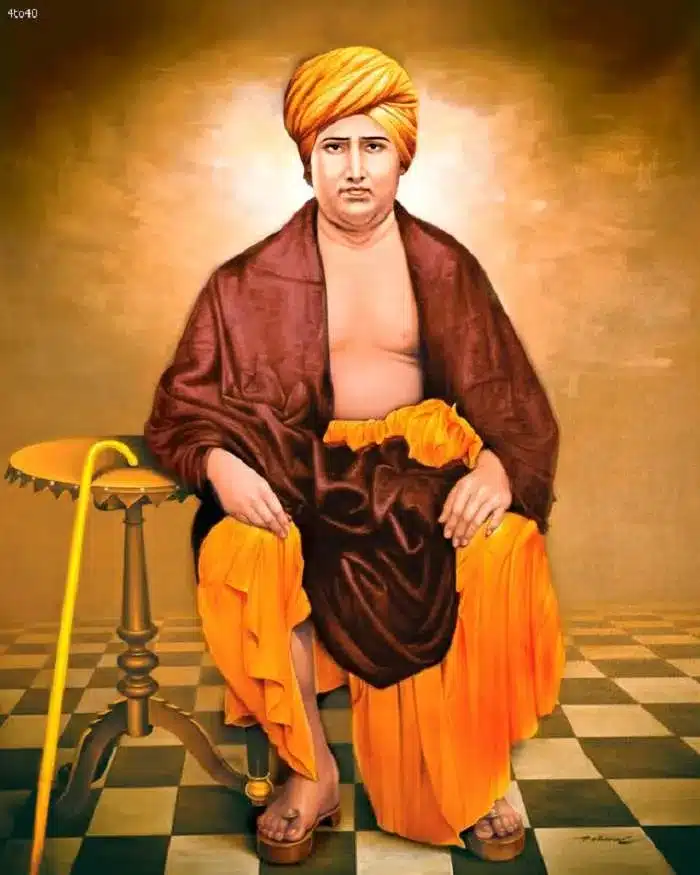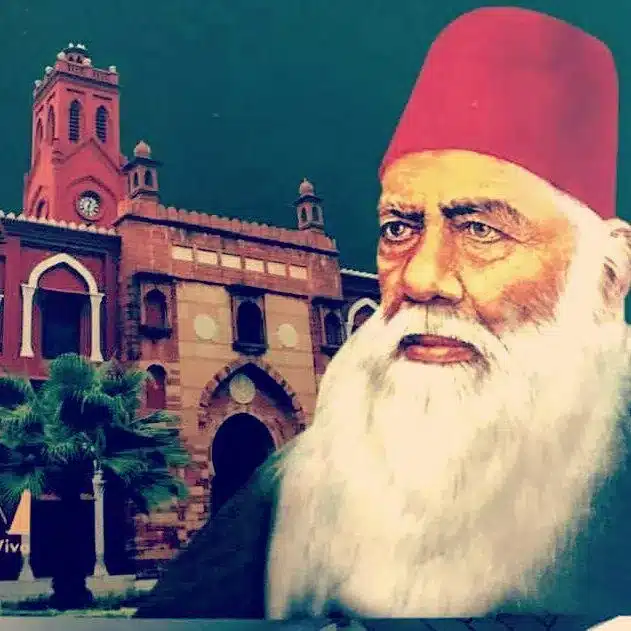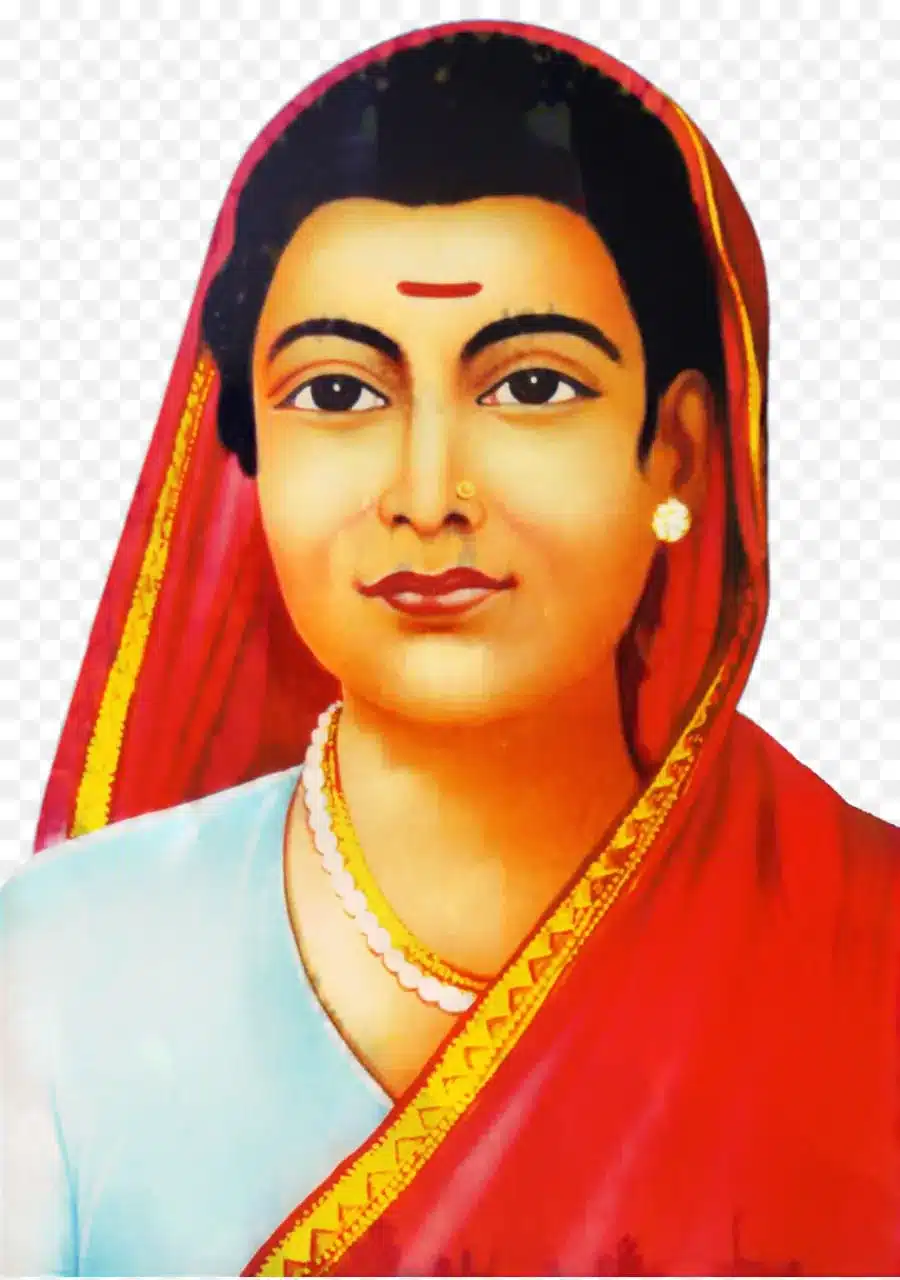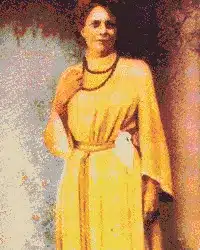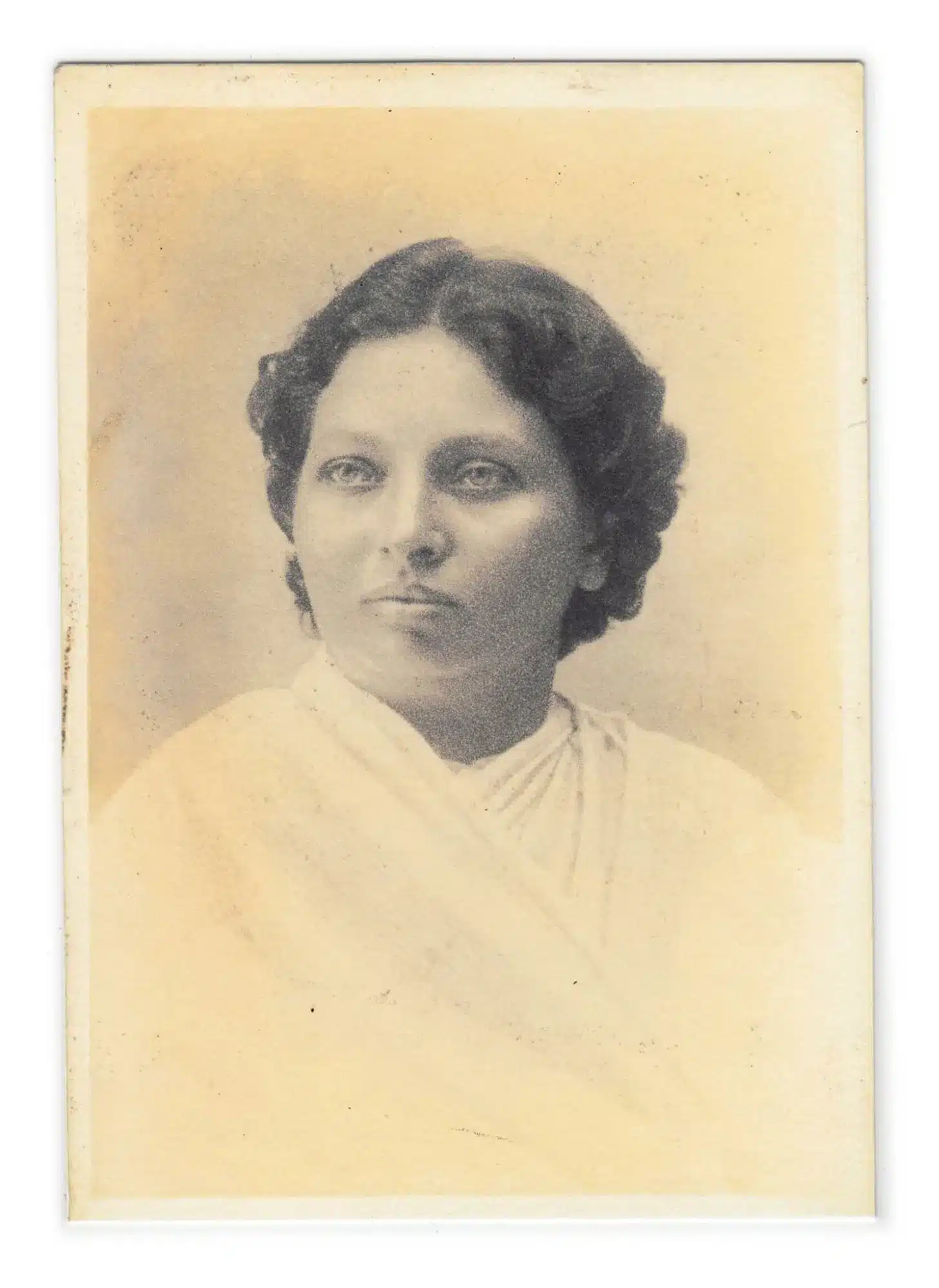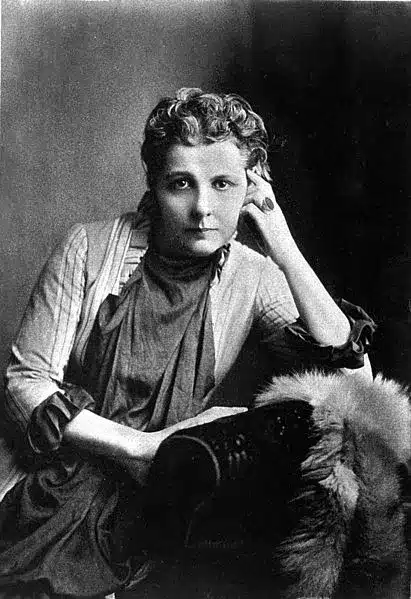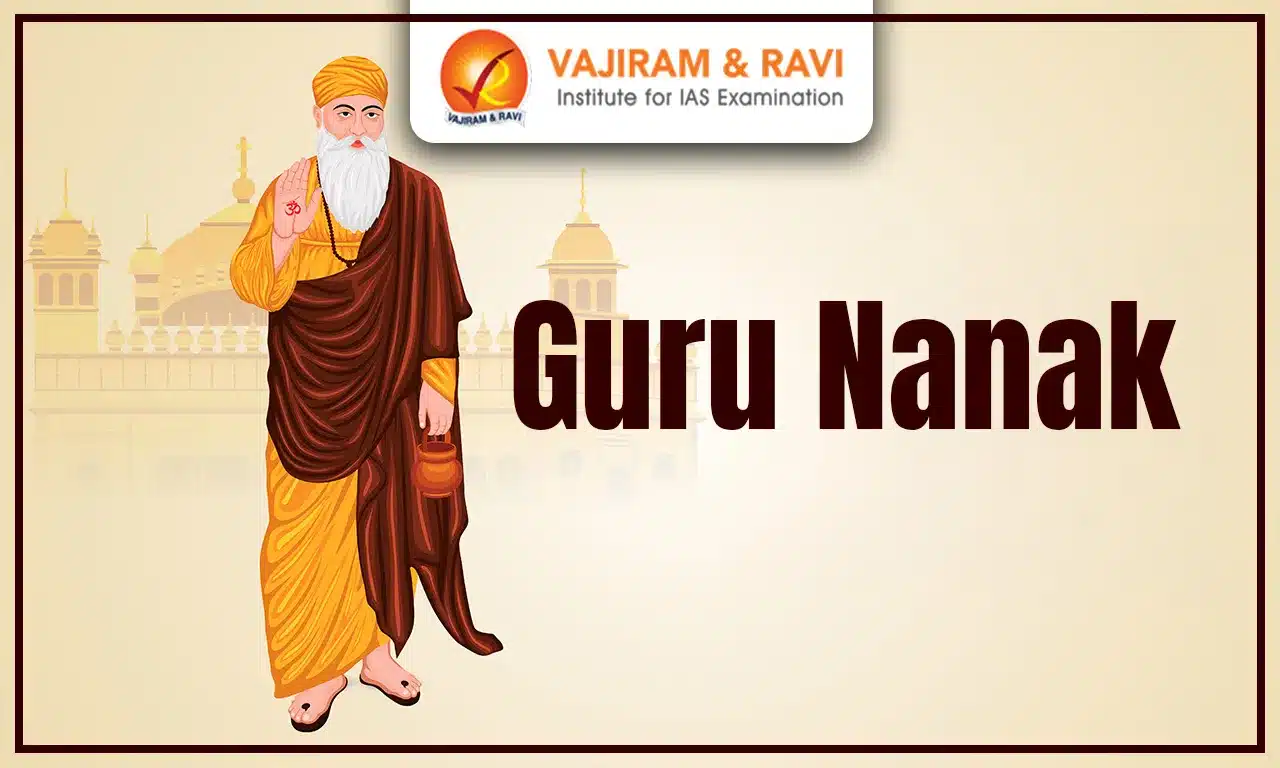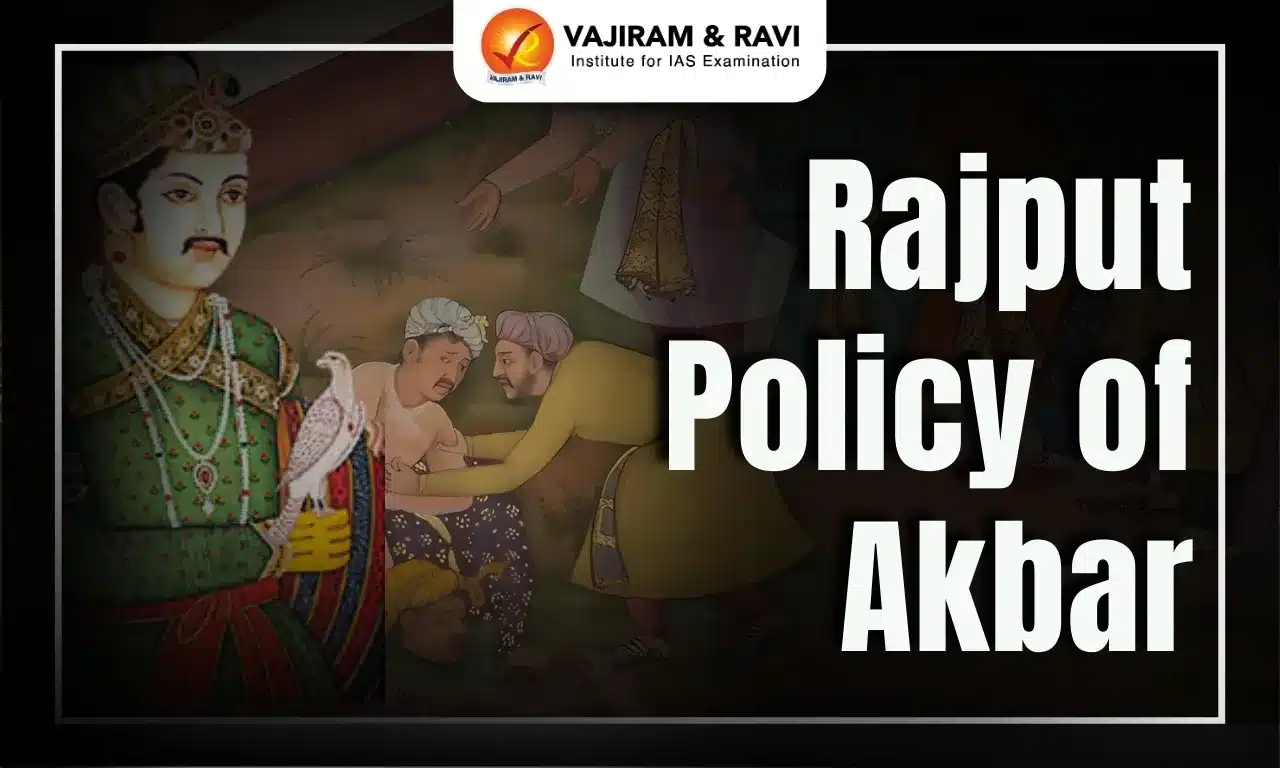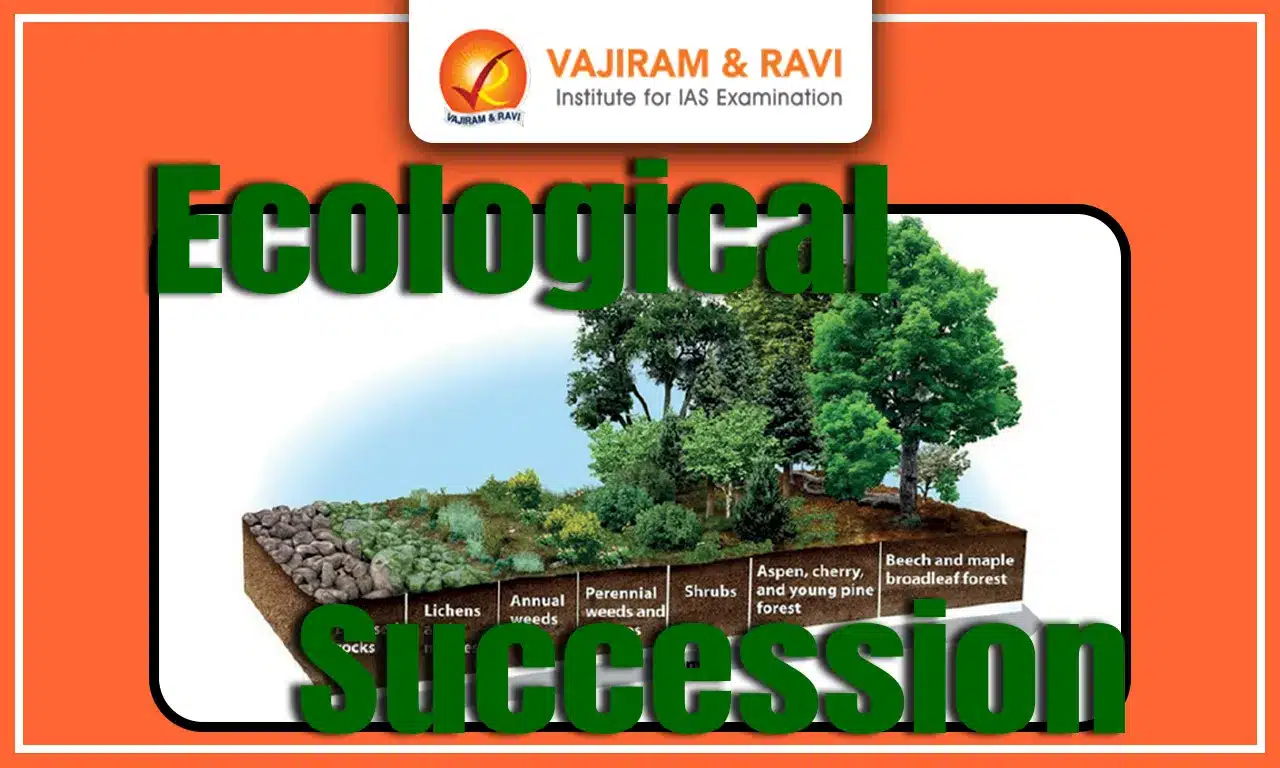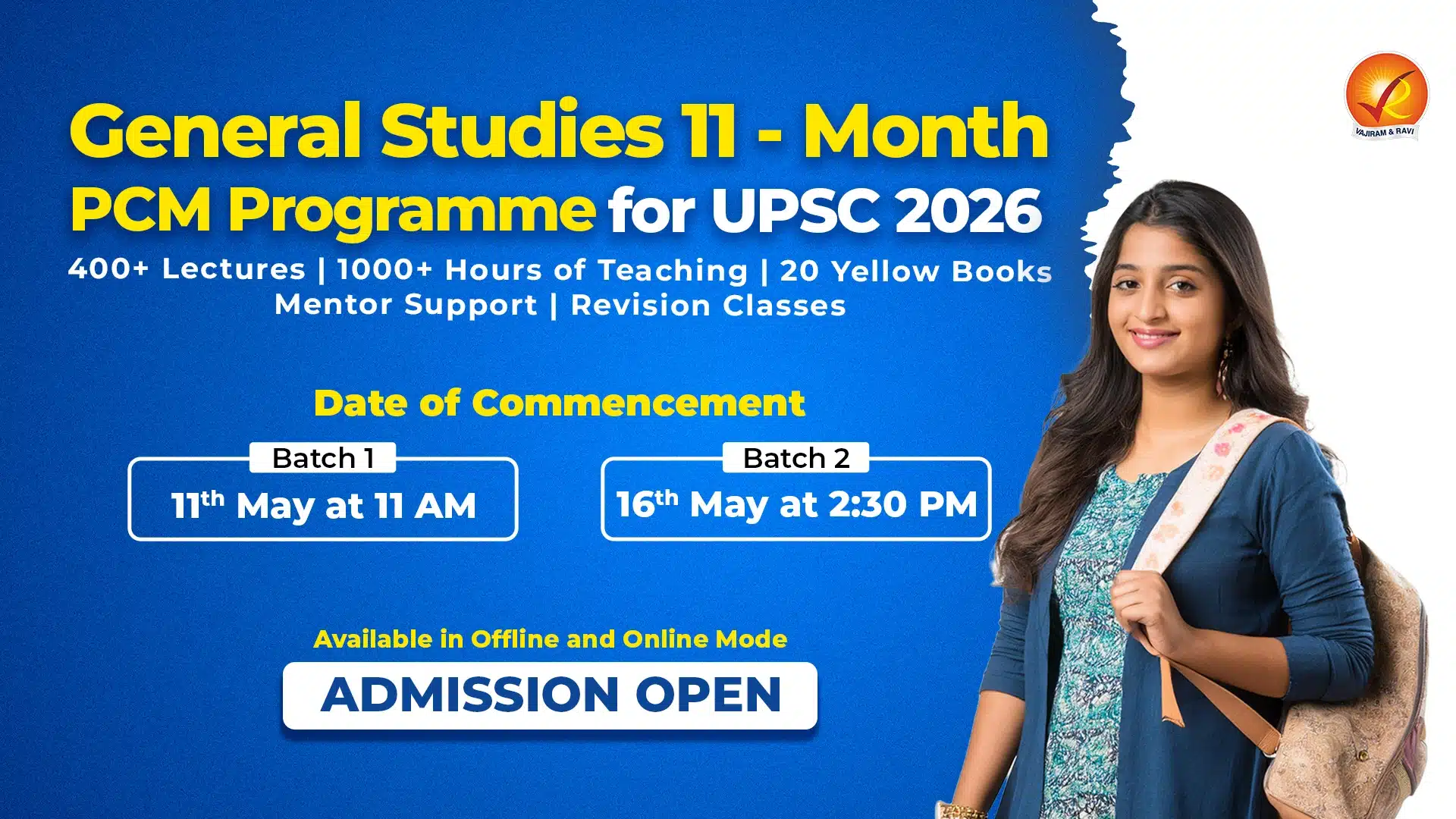Social Reformers of India: The 19th century in India witnessed the emergence of remarkable socio-religious reform leaders who spearheaded significant changes in society. Raja Ram Mohan Roy, Ishwar Chandra Vidyasagar, Swami Dayanand Saraswati, and Sayyid Ahmed Khan and females like Savitribai Phule, Pandita Ramabai, Sister Nivedita etc were prominent figures who championed social justice, rationality, and progress. They passionately challenged outdated customs and practices, such as Sati, child marriage, and discrimination against women.
These reformers advocated for widow remarriage, women’s education, and the promotion of critical thinking. Through their efforts and socio-religious movements like the Brahmo Samaj and Arya
Samaj, they laid the groundwork for a more inclusive and enlightened India, fostering ideals of social equality, education, and religious tolerance that continue to resonate in the country’s cultural fabric.Social Reformers Overview
Social reform refers to movements started by members of a community who aim to bring about positive changes in their society. These reforms often focus on fairness and seek to address injustices faced by specific groups. Throughout history, many individuals have dedicated their entire lives to improving society. With a clear mission and vision, these individuals came to be known as “Social Reformers.”
In India, people have always spoken out against injustice. There are countless examples of social reform movements that have challenged outdated practices and pushed for a more just society. A reform movement is different from a revolution. While revolutions seek rapid and radical change, reform movements aim for gradual improvements in specific areas of society.
List of Social Reformers of India
The contributions of visionary social reformers like Raja Ram Mohan Roy, Ishwar Chandra Vidyasagar, and Swami Dayanand Saraswati were instrumental in shaping the modern Indian Renaissance during the 19th century.
- These trailblazing leaders spearheaded significant social, educational, and religious reforms, challenging oppressive customs and advocating for equality, women’s rights, widow remarriage, and the promotion of rational education.
- Their enduring impact continues to resonate in India’s pursuit of social justice, inclusivity, and progress.
Raja Ram Mohan Roy
Raja Ram Mohan Roy, born in 1774 in Bengal, was a pioneer of social reform in India. He strongly opposed Sati, child marriage, polygamy, and the caste system. Known as the Father of the Indian Renaissance, he advocated women’s rights, modern thinking, and travelled to the UK to support the Sati ban.
- Roy promoted scientific education by founding institutions like Hindu College and Vedanta College.
- He established the Brahmo Samaj to encourage monotheism and reject religious orthodoxy.
- A supporter of free speech, he launched newspapers like Sambad Kaumudi and Mirat-ul-Akhbar to voice reformist views and resist colonial press censorship.
Ishwar Chandra Vidyasagar
Ishwar Chandra Vidyasagar, born in 1820 in Bengal, was a pioneering educationist and social reformer. He played a vital role in modernising traditional education and uplifting the status of women in Indian society. His reforms were rooted in rational thought, compassion, and deep knowledge of the scriptures.
- Introduced Western subjects like Science, Philosophy, and History at Sanskrit College.
- Reformed admission policies and promoted teacher training through the Normal School.
- Opened 35 girls’ schools and supported the founding of Bethune School, India’s first permanent girls’ school.
- Advocated for the Hindu Widows’ Remarriage Act (1856) using scriptural evidence.
- Strongly opposed to social injustices like child marriage and caste-based discrimination
Swami Dayanand Saraswati
Dayanand Saraswati was a prominent social and religious reformer who founded the Arya Samaj in 1875 to purify Hinduism and revive Vedic
values. The Arya Samaj promoted love, justice, righteousness, eradication of ignorance (Avidya), and spread of knowledge (Vidya).
It encouraged questioning blind rituals and superstitions not rooted in the Vedas.
- The Arya Samaj actively advocated for widow remarriage and women’s education, seeking to eliminate discriminatory practices and provide equal opportunities for women.
- Dayanand stressed the importance of education for both men and women in fostering social progress.
- Dayanand propounded the idea of “Suddhi”, that the individuals who had converted to other religions should reconvert to Hinduism.
- After his death, his disciples founded the DAV College Trust to spread Vedic education.
Sayyid Ahmed Khan (1817-1898)
Sayyid Ahmad Khan (1817–1898) was a pioneering Muslim social reformer who sought to reconcile Islam with modern scientific thought. Deeply influenced by the Revolt of 1857, he emphasized rational interpretation of the Quran, rejecting blind adherence to tradition.
- He promoted critical thinking, modern education, and social reforms, especially focusing on women’s upliftment by opposing purdah, polygamy, and advocating female education.
- In 1875, he founded the Mohammedan Anglo-Oriental College, which later became Aligarh Muslim University, to advance modern learning among Muslims.
- Initially a proponent of Hindu-Muslim unity, he later grew cautious of the Congress-led national movement, fearing Hindu dominance due to demographic and educational disparities.
- His later views influenced the two-nation theory. Sayyid Ahmad Khan’s legacy lies in his advocacy for intellectual freedom, scientific education, and progressive reform in Muslim society.
Female Social Reformers of India
The important female social reformers of nineteenth-century India were Savitribai Phule, Annie Besant, Pandita Ramabai, Tarabai Shinde, Ramabai Ranade, Fatima Sheikh, Swarnakumari Devi, Sister Nivedita, Kadambini Ganguly, Pandita Ramabai, etc. Their developments are explained below.
Savitribai Phule
Savitribai Phule was a pioneering social reformer, educator, and poet who played a key role in women’s empowerment in India. In 1848, she and her husband Jyotiba Phule started India’s first girls’ school in Pune, where she became the first female teacher in the country.
- They also established schools for oppressed communities like the Mang and Mahar castes, challenging caste-based discrimination.
- She also established Balhatya Pratibandhak Griha, a shelter for pregnant widows, showing her commitment to vulnerable women.
- Savitribai was actively involved in the Satyashodhak Samaj, a social reform movement started by her husband.
- As a poet, she published works like Kavya Phule and Bavan Kashi Subodh Ratnakar, focusing on social justice and human dignity.
Sister Nivedita
Sister Nivedita was born Margaret Elizabeth Noble, an Irish woman who became an ardent follower of Swami Vivekananda and moved to Calcutta to serve India. Deeply involved in the Indian freedom movement, she passionately advocated for women’s education and cultural revival. Her efforts in education, nationalism, and promotion of Indian art made her a key figure in India’s socio-cultural awakening during British rule.
- Nivedita pioneered women’s education in India and established a school in North Calcutta for the upliftment of women.
- She visited Midnapore in 1903 to inaugurate the first Akhara (a place of practice for martial arts and physical training) at Miyabazar. It was opened in Mr Abdul Kaddar’s (ex-Deputy Magistrate) house.
- She actively supported cultural resistance against British colonialism, defending the originality of Indian art.
- Collaborated with Ananda Coomaraswamy to counter British claims that Indian art was derived from Hellenic styles.
- Encouraged artists like Abanindranath Tagore to pursue Indian traditions over Western influences.
- Sponsored expeditions to Ajanta caves to document ancient Indian art, personally funding young artists’ travels.
Pandita Ramabai Saraswati (1858-1922)
Pandita Ramabai was a pioneering advocate for women’s rights and education in 19th-century India. She excelled in Sanskrit and was rewarded with titles like ‘Pandita’ (Scholar) and ‘Saraswati’ (Goddess of Learning). Ramabai travelled extensively in Bengal, addressing women’s education and emancipation, drawing on mythological figures of educated and independent women.
- Established Arya Mahila Samaj in 1882 in Poona to educate women and save them from child marriage and other evil customs.
- She wrote “Stree Dharma Niti” and “The Cry of Indian Women” (both in Marathi) and “High Caste Hindu Women” (in English).
- She established a home for high-caste Hindu widows and appealed to the Hunter Commission (1882) for women’s training in teaching and medicine, enabling them to serve others.
- She founded Sharda Sadan for widows and unmarried girls in 1883. She got the Kaisar-e-Hind Gold medal in 1919.
Annie Besant (1847-1933)
Annie Besant, born in London, was a theosophist, social reformer, and key figure in India’s independence movement. Influenced by Madame Blavatsky, she led the Theosophical Society in India. Transitioning to politics in 1914, she joined Congress and launched the Home Rule Movement in 1916. She also founded the Central Hindu School in Benaras.
Social Reformers of India UPSC PYQs
Q1: Who among the following was associated as Secretary with Hindu Female School which later came to be known as Bethune Female School? (UPSC Prelims 2021)
- a) Annie Besant
- b) Debendranath Tagore
- c) Ishwar Chandra Vidyasagar
- d) Sarojini Naidu
Ans: (c)
Q2: Which of the following statements is/are correct regarding Brahmo Samaj? (UPSC Prelims 2012)
- It opposed idolatry.
- It denied the need for a priestly class for interpreting the religious texts.
- It popularized the doctrine that the Vedas are infallible.
Select the correct answer using the codes given below:
- a) 1 only
- b) 1 and 2 only
- c) 3 only
- d) 1, 2 and 3
Ans: (b)
Q3: Annie Besant was (UPSC Prelims 2013)
- Responsible for starting the Home Rule Movement
- The founder of the Theosophical Society
- Once the President of the Indian National Congress
Select the correct statement/statements using the codes given below.
- a) 1 only
- b) 2 and 3 only
- c) 1 and 3 only
- d) 1, 2 and 3
Ans: (c)
Last updated on April, 2025
→ UPSC Notification 2025 was released on 22nd January 2025.
→ The UPSC Vacancy 2025 were released 1129, out of which 979 were for UPSC CSE and remaining 150 are for UPSC IFoS.
→ As per UPSC Notification, the last date to apply is 18th February 2025.
→ The UPSC Prelims 2025 is scheduled to be conducted on 25th May 2025 and UPSC Mains 2025 will be conducted on 22nd August 2025.
→ Apply once through it and aspirants can apply for various government exams conducted by UPSC.
→ The UPSC Selection Process is of 3 stages-Prelims, Mains and Interview.
→ UPSC Result 2024 is released with latest UPSC Marksheet 2024. Check Now!
→ UPSC Toppers List 2024 is released now. Shakti Dubey is UPSC AIR 1 2024 Topper.
→ Also check Best IAS Coaching in Delhi
Social Reformers of India FAQs
Q1. Who were the 10 social reformers of India?+
Q2. Who is the father of social reformers?+
Q3. Is Savitribai Phule a social reformer?+
Q4. Who are the top 10 female social reformers of India?+
Q5. Who are the caste reformers?+

